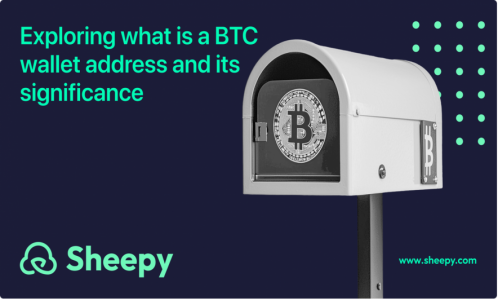The End of Unreliable Ethereum Gas Prices? Metamask Tests New “Transaction Routing” Technology
Metamask has started testing a new technology meant to help Ethereum users collaborate with third parties to improve the efficiency and affordability of their crypto transactions. If successful, the feature will give users much more agency on how to perform transactions, effectively changing the shift in power between validators and users.
The “transaction routing” feature is being developed in partnership with Special Mechanisms Group (SMG), a subsidiary of Consensys. Consensys, which is MetaMask’s parent company, confirmed the testing of the feature to CoinDesk. The development of the feature would represent a change in the paradigm for blockchain, resulting in more user-friendly and effective transactions.
ETH transaction prices are high, and don’t make sense for small amounts of money. With better options out there, ETH is in a losing position at the moment.
From “How” to “What”
As confirmed to CoinDesk by SMG director Jason Linehan, the “transaction routing” being developed would be a new form of Intent-centric protocol. These protocols focus on helping users achieve a specific objective when performing transactions, instead of requiring them to specify how such transactions will take place.
This means that users would be able to determine if they want to sell a token at the best price, improve transaction efficiency, or reduce gas fees. Traditionally, users would have to find the right “recipe” of conditions to have such an outcome take place.
“Transaction Routing” would make this a thing of the past by letting third parties take part in the process to help achieve the desired outcome on behalf of the user. Such an approach has already been explored by other parties, often recurring to mempools (both private and public), but has failed to find widespread adoption.
What Makes MetaMask’s Approach Unique?
While not many details are known so far, Linehan has stated that MetaMask’s approach wouldn’t be a “centralized solution” nor a “vertical integration” like other intent-centric protocols. Instead, an approach similar to that of an “auction-based optimization method” would allow the new feature to differentiate itself.
The feature is designed to be permissionless and have mechanisms to ensure that “searchers, builders, and solvers” of all sizes can collaborate, according to Linehan. The feature is also likely to be open-sourced, which will play a role in the way it is licensed once the project gets to that stage.
Some of the elements developed for this new routing technology are already powering MetaMask’s “Smart Swaps” feature. As the development of the technology continues, the capabilities of the feature will continue to expand while remaining optional.
MetaMask’s Expansion Beyond Ethereum Continues
In a move reflective of MetaMask’s commitment to expanding its reach, the MetaMask Snaps plugin has now found its way into the Hedera ecosystem. MetaMask’s 30 million users can now make use of the Hedera Wallet Snap plugin to access Hedera applications that couldn’t make use of MetaMask-based functionality in the past.
The Snaps plugin was developed by Tuum Technologies to extend the functionality of MetaMask by making it possible for developers to create custom plugins. This means that developers no longer need to depend on the Hedera JSON-RPC Relay, simplifying the development process and making Hedera compatible with EVM-based applications.
The launch was categorized as “pivotal” by The Hbar Foundation CEO Shayn Hygdon, who also stated that “more features and functionality” would be announced in the future as this was “just a first step”. By making it possible for developers to expand MetaMask’s functionality in such a way, the HBAR Foundation.
ETH transaction prices will need to come down, one way or the other. If they don’t there won’t be a market for small ETH transactions.
The post The End of Unreliable Ethereum Gas Prices? Metamask Tests New “Transaction Routing” Technology appeared first on Blockonomi.



























